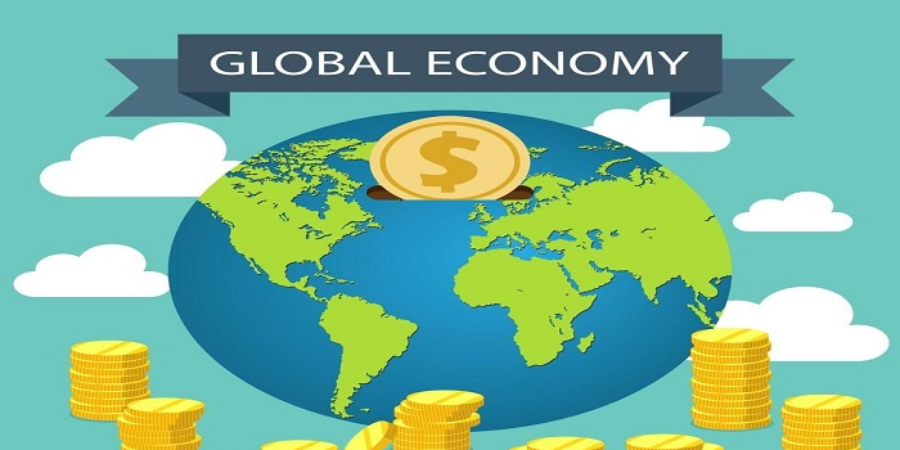

Trade wars, described by nations forcing duties or different limitations on one another's labor and products, have significant ramifications for worldwide monetary steadiness. These monetary showdowns can upset exchange streams, influence global relations, and cause boundless vulnerability, impacting economies at various levels.
Disruption of Global Supply Chains
One of the quick impacts of trade wars is the interruption of worldwide stockpile chains. Present-day economies are exceptionally interconnected, with creation processes frequently spreading over various nations. Taxes and exchange hindrances can increment creation costs, driving organizations to look for elective providers or even move creation offices. This rebuilding can cause momentary shortcomings and long-haul shifts in exchange designs, possibly weakening economies that are vigorously dependent on trade-driven development.
Impact on Prices and Inflation
Levies increment the expense of imported merchandise, which can prompt greater costs for buyers. This inflationary strain influences buyer spending, which is a huge part of monetary action. At the point when purchaser costs rise, buying power lessens, and interest for labor and products can decline, easing back financial development. Additionally, organizations confronting higher information expenses might scale back speculation and recruiting, further hosing financial possibilities.
Market Volatility and Uncertainty
Trade wars add to monetary market unpredictability. Financial backers respond to the vulnerability encompassing exchange approaches, frequently prompting vacillations in stock and money markets. This instability can dissolve financial backer certainty, diminish capital streams, and affect monetary soundness. For organizations, vulnerability makes a long haul in arranging testing, possibly slowing down speculation and advancement. States could answer with defensive estimates that could intensify worldwide financial strains.
Financial Development and Business
The adverse consequences of exchange battles on financial development are irrefutable. Nations that participate in delayed exchange debates frequently experience slower Gross domestic product development because of decreased exchange volumes and expanded creation costs. Ventures straightforwardly impacted by duties, like agribusiness, assembling, and innovation, may see decreases in efficiency and business. Employment misfortunes in these areas can have expanding influences, prompting expanded joblessness rates and decreased monetary movement in related businesses.
International Results
Trade wars can strain discretionary relations, prompting more extensive international pressures. As nations fight back against one another's exchange measures, partnerships might move, and worldwide participation on other worldwide issues, for example, environmental change or security, can be sabotaged. These international movements can acquaint new dangers with worldwide monetary solidness, as political struggles frequently have financial aspects.
Mitigation and Adaptation
To alleviate the antagonistic impacts of trade wars, nations might try to broaden their exchange accomplices and put resources into homegrown ventures. Global foundations, for example, the World Exchange Association, assume an urgent part in interceding debates and advancing fair exchange rehearses. Nonetheless, the adequacy of these actions relies upon the eagerness of countries to participate and stick to worldwide standards.
In conclusion, trade wars present critical difficulties to worldwide financial solidness. While certain countries could seek protectionist strategies in the expectation of supporting homegrown ventures, the interconnected idea of the advanced worldwide economy implies that such activities frequently lead to more extensive monetary disturbances. Policymakers should cautiously consider the expansive results of exchange clashes to keep up with worldwide monetary strength.
